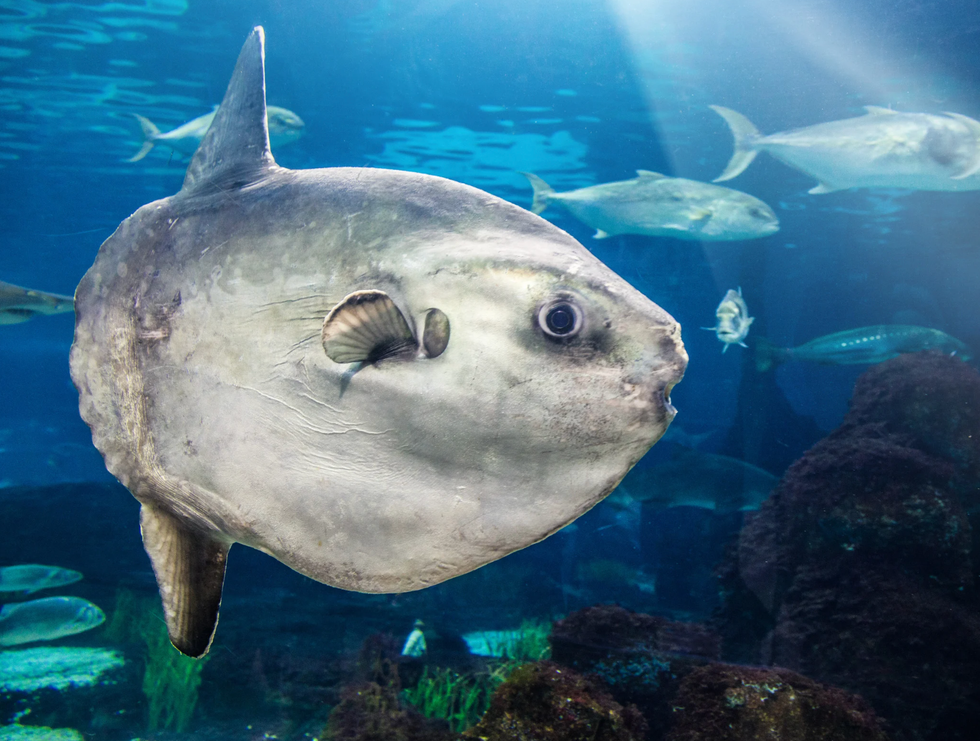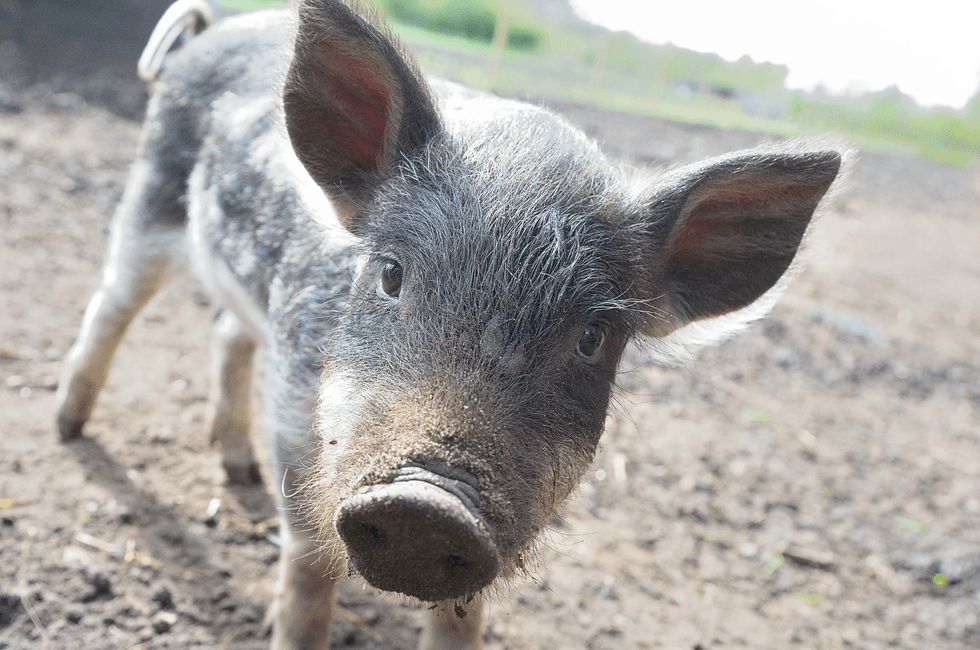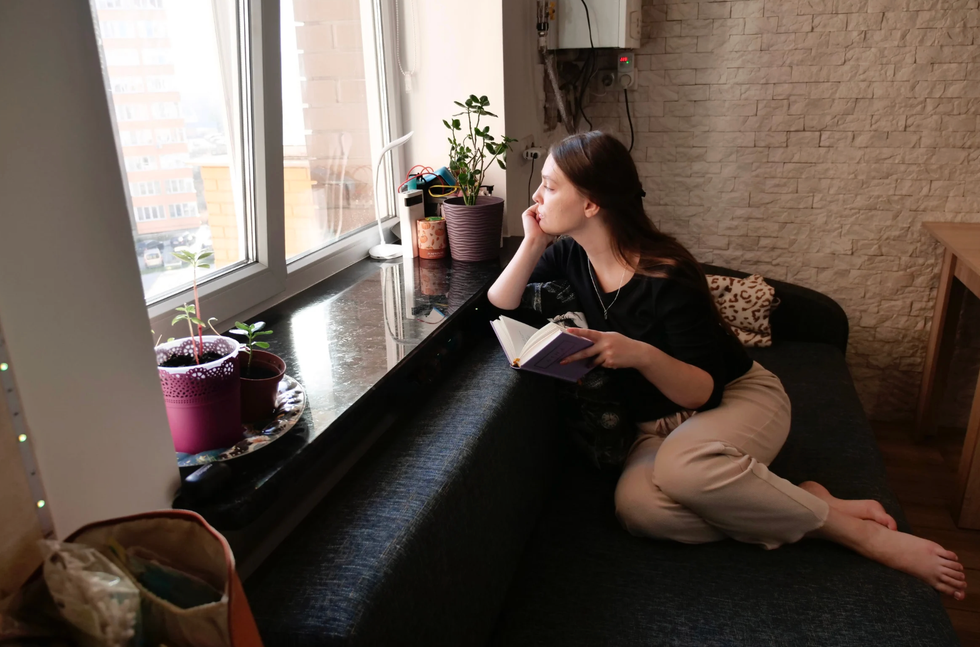When the Kaikyokan Aquarium in Shimonoseki, Japan, temporarily closed for renovations late last year, the staff noticed one of their most popular residents was not doing well. A beloved ocean sunfish had stopped eating and started exhibiting strange behaviors, and no one could figure out why. After exhausting the usual medical explanations, a staff member floated a wild theory.
“Maybe it’s lonely because it misses the visitors?” they suggested, according to a post on the aquarium's X account.
It seemed far-fetched, but the team was desperate. In a stroke of creative genius, they dressed up hangers in aquarium uniforms, added cardboard cutout faces, and placed these makeshift "people" around the sunfish's tank to simulate the crowds it was used to.
@yahooaustralia #Aquarium’s unlikely move to help lonely #sunfish in #Japan 👀 #kaikyokanaquarium #yahooaustralia
The result was immediate and astounding. “Then…the next day, it was in good health again!” the aquarium announced.
The story, reported by the Japanese newspaper Mainichi Shimbun, explained that the sunfish, known for being particularly curious and interactive with guests, had become so distressed it started rubbing against the sides of its tank. The staff's creative solution wasn't just a lucky guess; it was an act of empathetic animal care that resonated with people online.
As one Reddit user, u/eternalityLP, noted, "People often talk about enrichment with all the cute animals but things like fish are often forgotten."

This isn't the first time a Japanese aquarium has found an innovative way to meet the social needs of its animals. During the 2020 lockdown, Tokyo’s Sumida Aquarium famously asked the public to FaceTime its shy garden eels, which had become withdrawn without daily visitors.
The Kaikyokan Aquarium’s simple, heartfelt solution not only nursed its gentle giant back to health but also sparked a wider conversation about the complex emotional lives of all creatures, big and small.
This article originally appeared earlier this year. It has been updated.

















 A collection of toilet paper rollsCanva
A collection of toilet paper rollsCanva A bidet next to a toiletCanva
A bidet next to a toiletCanva A cute pig looks at the cameraCanva
A cute pig looks at the cameraCanva A gif of Bill Murray at the dentist via
A gif of Bill Murray at the dentist via  A woman scrolls on her phoneCanva
A woman scrolls on her phoneCanva
 A confident woman gives a speech in front of a large crowdCanva
A confident woman gives a speech in front of a large crowdCanva

 Confident young womanCanva
Confident young womanCanva
 Tow truck towing a car in its bedCanva
Tow truck towing a car in its bedCanva  Sad woman looks at her phoneCanva
Sad woman looks at her phoneCanva  A group of young people at a house partyCanva
A group of young people at a house partyCanva  Fed-up woman gif
Fed-up woman gif Police show up at a house party
Police show up at a house party 
 A trendy restaurant in the middle of the dayCanva
A trendy restaurant in the middle of the dayCanva A reserved table at a restaurantCanva
A reserved table at a restaurantCanva Gif of Tim Robinson asking "What?' via
Gif of Tim Robinson asking "What?' via 
 An octopus floating in the oceanCanva
An octopus floating in the oceanCanva
 A woman relaxes with a book at homeCanva
A woman relaxes with a book at homeCanva An eviction notice is being attached to a doorCanva
An eviction notice is being attached to a doorCanva Gif of Kristen Bell saying 'Ya basic!' via
Gif of Kristen Bell saying 'Ya basic!' via